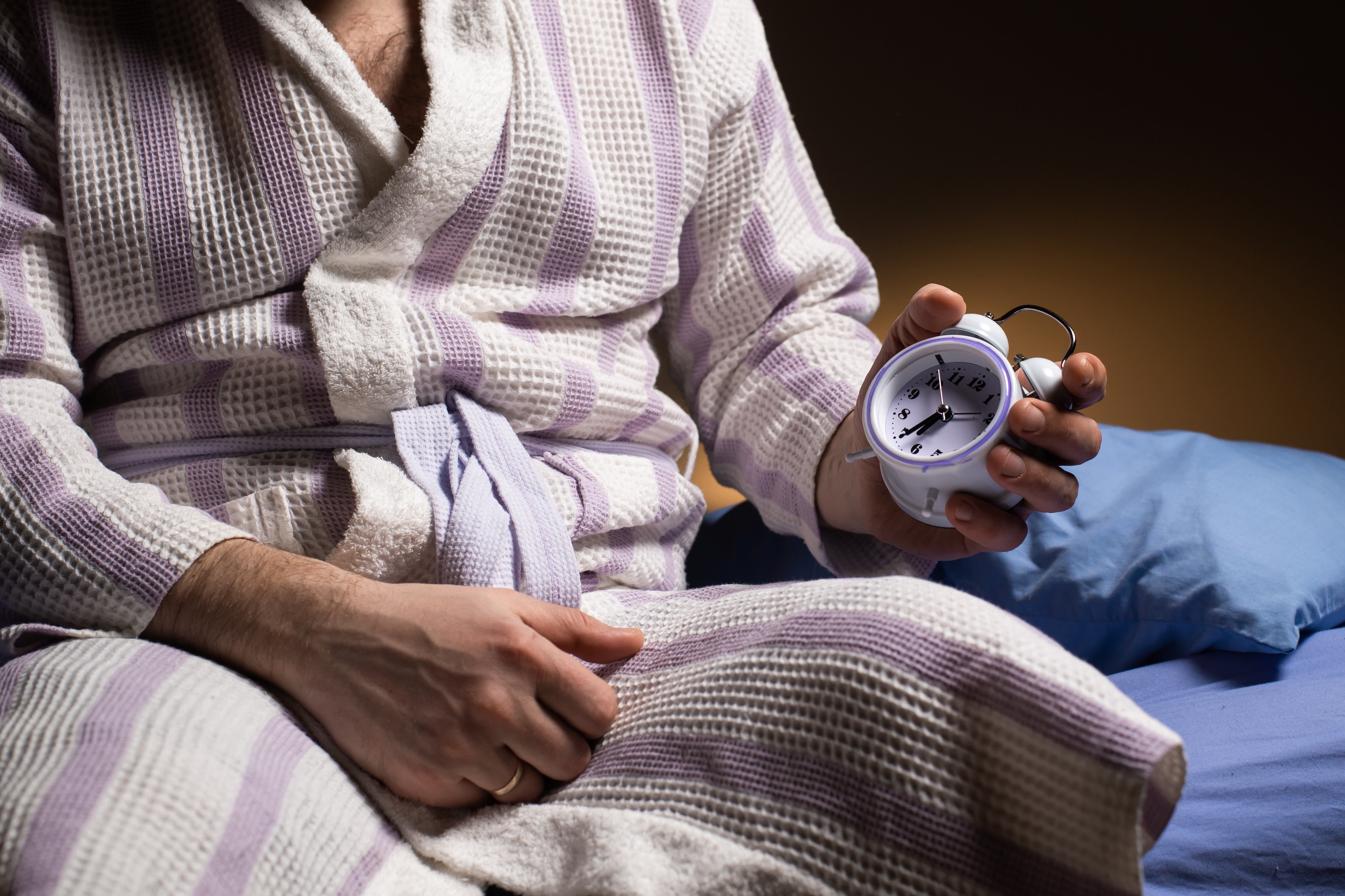Top Lifestyle Changes to Improve Your Testosterone
Testosterone is a key hormone influencing various aspects of health beyond just physical traits. Lifestyle choices play a significant role in maintaining optimal testosterone levels. Making informed decisions about diet, exercise, sleep, and supplementation can help support hormonal balance naturally.
Understanding Testosterone
Testosterone is primarily produced in the testes and, to a lesser extent, by the adrenal glands. It plays a crucial role in:
- Development of male sex organs
- Regulating libido
- Growth of facial and body hair during puberty
- Supporting bone mass, muscle strength, and fat distribution
- Production of red blood cells and sperm
Women also produce testosterone, though in smaller amounts. It contributes to muscle mass, bone density, energy levels, and overall well-being.
Signs of Low Testosterone
Testosterone levels naturally decline with age. Some indicators of low testosterone include:
- Decreased muscle mass and strength
- Increased body fat
- Reduced energy levels
- Mood fluctuations
- Poor sleep quality
- Reduced libido and performance concerns
Ways to Maintain Healthy Testosterone Levels
Balanced Nutrition
A well-rounded diet is essential for hormonal balance. Including adequate protein, healthy fats, and complex carbohydrates can help support optimal testosterone levels. Avoiding processed foods and refined sugars also contributes to overall well-being.
Regular Physical Activity
Exercise, particularly strength training and resistance workouts, may positively impact testosterone levels. Research suggests that men who engage in regular physical activity tend to have healthier hormonal profiles than those who are sedentary.
Prioritizing Quality Sleep
Sleep is vital for overall health, including hormone regulation. Poor sleep patterns can increase cortisol (a stress-related hormone), which may negatively affect testosterone production. Studies indicate that men who sleep less than five hours per night may experience lower testosterone levels.
Managing Stress
Chronic stress can contribute to hormonal imbalances. Elevated cortisol levels, often associated with stress, may lead to reduced testosterone production. Implementing relaxation techniques such as meditation, deep breathing, or physical activity can help manage stress levels.
Natural Supplementation
Certain natural supplements have been studied for their potential role in supporting testosterone levels. Fenugreek extract, for example, has been clinically evaluated for its impact on free testosterone, muscle strength, and body composition.
Factors That May Negatively Affect Testosterone
High Sugar Intake
Excessive sugar consumption has been linked to fluctuations in hormone levels. Research indicates that consuming sugar may cause a temporary decline in testosterone levels.
Alcohol Consumption
Studies suggest that long-term heavy alcohol consumption may reduce testosterone levels in men, while in women, it may lead to an increase.
Anabolic Steroids
The use of anabolic steroids can suppress the body’s natural testosterone production, sometimes leading to long-term hormonal imbalances even after discontinuation.
Final Thoughts
Adopting simple lifestyle modifications can help support healthy testosterone levels. Key habits include:
- Staying hydrated and limiting alcohol intake
- Eating a balanced diet with minimal processed sugar
- Prioritizing sleep and managing stress effectively
- Considering natural supplementation instead of synthetic alternatives
Focusing on these aspects can contribute to overall well-being while naturally maintaining hormonal balance.
References
- https://www.sciencedaily.com/releases/2011/05/110531162142.htm
- https://www.everydayhealth.com/low-testosterone/low-testosterone-and-sleep-deprivation-whats-the-link.aspx
- https://www.medicalnewstoday.com/articles/322508.php#natural-ways-to-maintain-testosterone
- https://pubmed.ncbi.nlm.nih.gov/22234399/
- https://www.healthline.com/nutrition/8-ways-to-boost-testosterone#section2
- https://onlinelibrary.wiley.com/doi/abs/10.1111/j.1365-2265.2012.04486.x
- https://www.ncbi.nlm.nih.gov/pmc/articles/PMC5894513/
- https://pubmed.ncbi.nlm.nih.gov/25598171/


